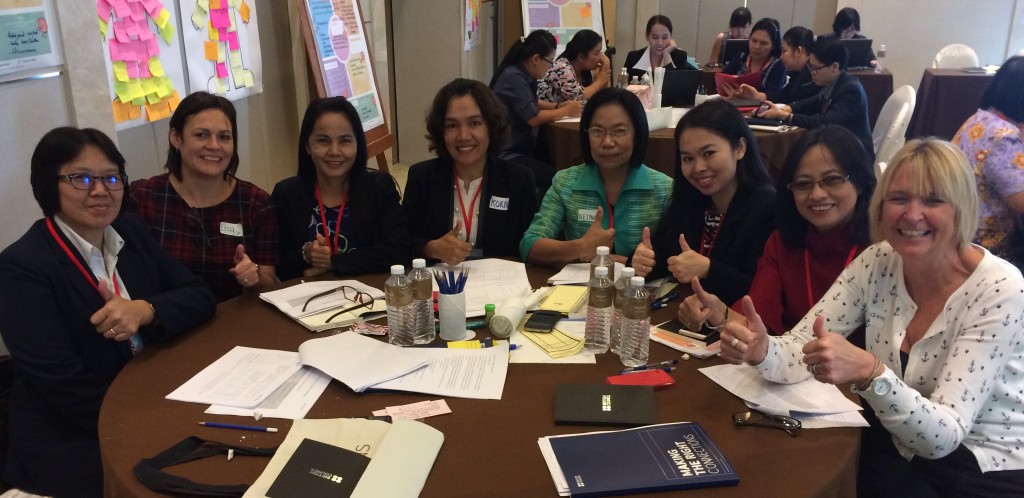In the spotlight:
Name: Lisa McMullan
Location: Liverpool
Occupation: Project Manager and Principal Consultant (Enterprise Evolution)
WHAT DOES ENTERPRISE EDUCATION MEAN TO YOU? WHY IS IT IMPORTANT?
For me, enterprise education is an approach to learning that enables students to develop their entrepreneurial thinking and enterprising skills: spotting an opportunity and having the confidence -as well as the know-how – to do something about it.
It’s important because whatever career path students may choose, they will be faced with having to be resourceful and make the most of what they have – be it in their own business or within an organisation (large, small, private, public or third sector).
How did you first become involved with enterprise education?
Working in enterprise education was the next logical step for me and my work – it allowed me to bring all of my experience together. I’ve been a small business adviser, supporting entrepreneurs to start and grow their own small businesses and social enterprises; a lecturer at LJMU’s Business School; and an EU project manager, working with training and education experts from across Europe to promote women’s entrepreneurship. All this informs and influences the work that I do now, designing and facilitating programmes to support entrepreneurs directly, and creating professional development programmes for educators and advisers.
How has enterprise education changed over the years? In your experience, how does the UK compare to the rest of the world in terms of progress in this sphere?
There is a greater understanding and appreciation of enterprise education – that it is a way of doing things that goes beyond teaching about enterprise and entrepreneurship, crossing the usual subject-focused boundaries, and encouraging collaborative and creative approaches to learning.
In terms of comparative progress, the UK has been leading the field in enterprise education. This has given me the opportunity to share my experience internationally, which has included working with graduate entrepreneurs in Nigeria, and with vocational educators in Thailand and China.
Can enterprise be included at all stages of education, and within every subject? If yes, how? If no, why not?
Yes. Enterprise education can be relevant and beneficial at different stages and levels of education. But I say this with a health warning – the challenge is for educators to make sure that their activities and programmes are appropriate for their students. It can’t simply be a case of introducing business start-up to KS3 pupils.
You were on the judging panel for the 2015 National Enterprise Educator Awards (NEEA). How important is it to celebrate and recognise enterprise education work, and why?
Whilst working for NCEE I had the opportunity to be involved with the NEEA 2013, 2014 and 2015. It was fantastic to learn about the wealth of activities within institutions – HE and FE – across the country.
Awards like this are very important: not just to recognise and reward excellent practices and the positive differences being made, but also to inspire and encourage more work in this area.
What does a typical day look like in the world of Lisa McMullan?
The beauty of my work is that there is no typical day! I could be at my desk planning, designing or reviewing workshops; I could be working with individuals, exploring how to turn their idea into a real business opportunity; or I could be in a learning space, being inspired by educators who are making a real difference to their students.
And finally, Lisa, tell us: if you were an animal, what would you be and why?
I’ll go for an eagle. It’s important to be able to take a bird’s eye view and better understand the bigger picture in which we’re working, and to see opportunities to make connections between people, activities and organisations. And then, of course – for those that know me – I take great pride in having an eagle-eye when it comes to proofreading and paying attention to those all-important details.






Leave a Reply